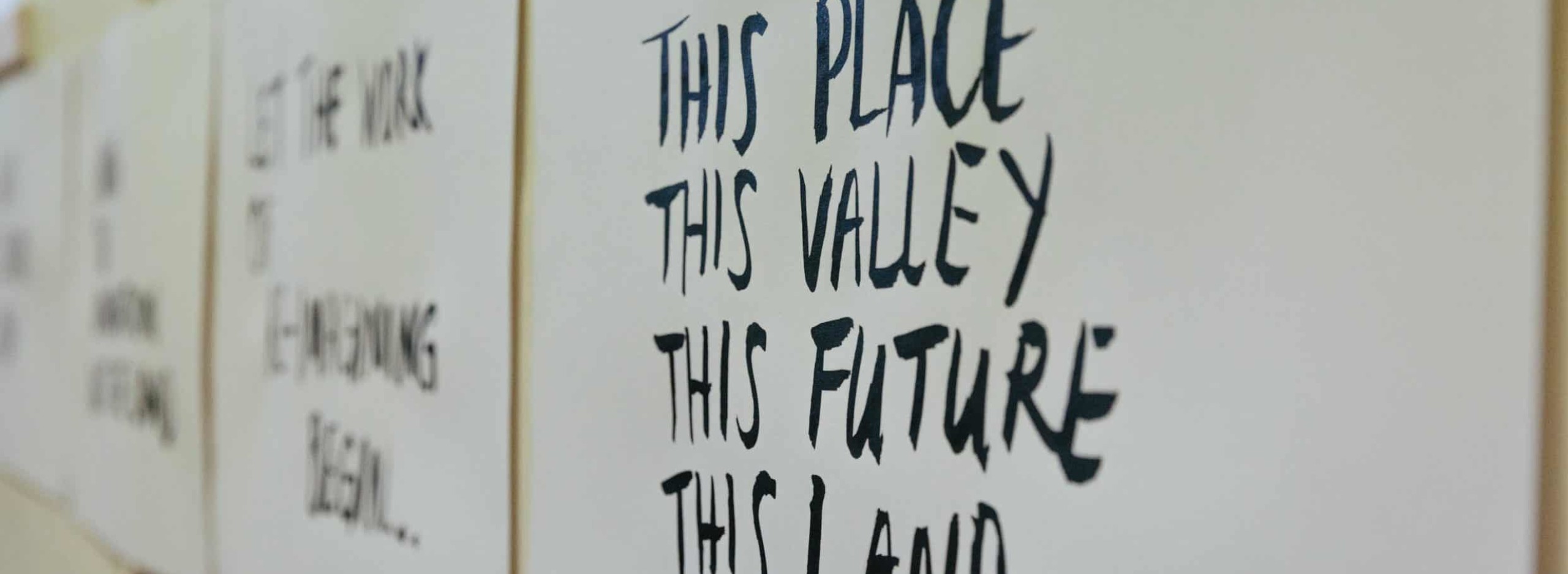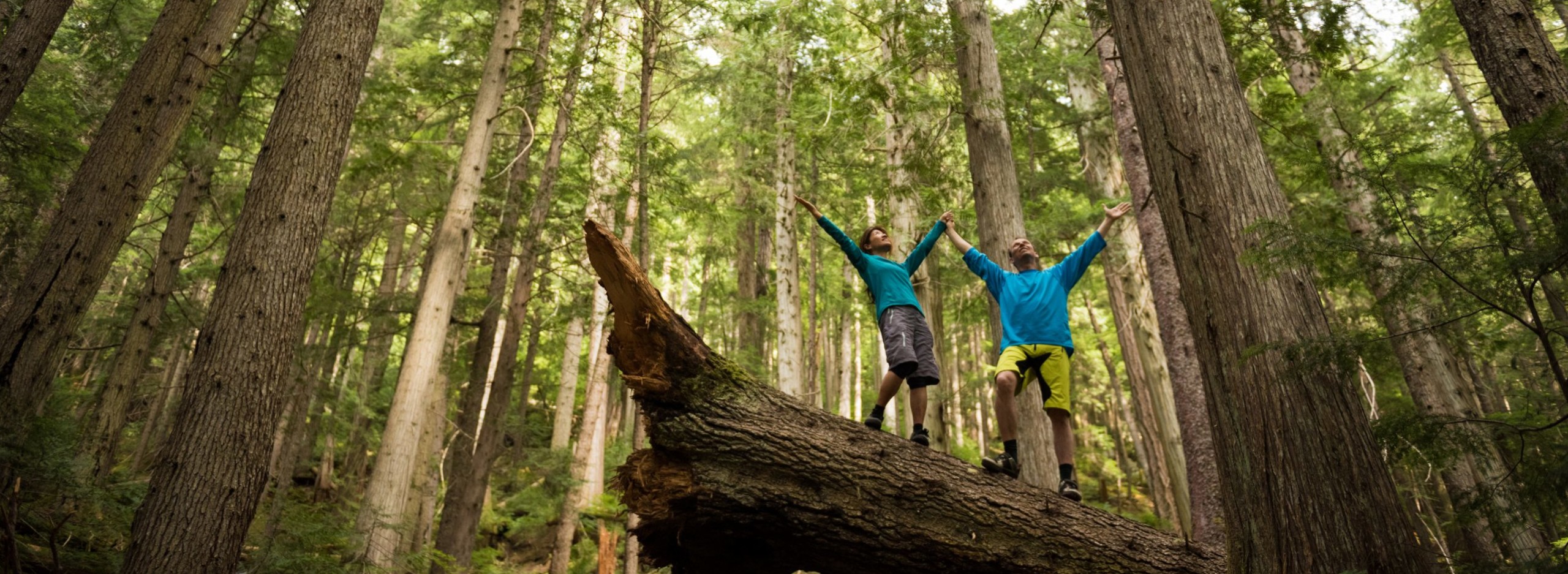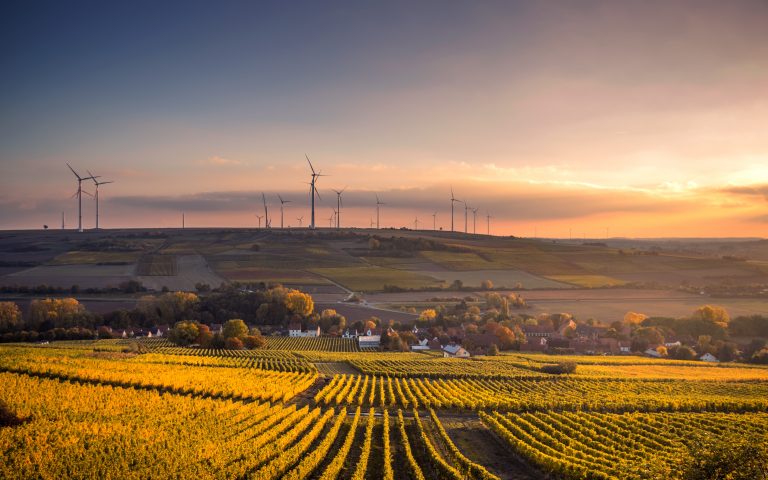The Skyline project was a feasibility study into community land stewardship. We asked residents of three Valley communities what they would like their area to look like in 100 years. Their responses were passionate and clear: they wanted jobs which reconnected with the landscape, and, just as importantly, a better home for nature – summarised in one memorable phrase, “more round trees, less pointy trees”. They understood the need to create an economy which regenerated both the local environment and society.
Of course, I shouldn’t have been surprised. Who better to be the custodians of a place than the people who live there? Who better to make decisions about the wellbeing of future generations than those alive today?
But in our global, corporate world that isn’t how we do things. The South Wales Valley forests are managed by a (public) corporation with one clear focus – to supply timber at a profit. The residents’ dreams – to support biodiversity, capture carbon, and revitalise the local economy – are subordinate to the need to match the global price for timber.
The decisions that shape the landscape are made by professionals who live and work miles away. A situation which is seen to be best for our collective benefit. But this managerial culture has created mostly disastrous consequences for communities and nature. Intensive monoculture (of trees or food) may benefit distant capital owners or consumers but it’s bad news for landscapes, habitats and communities. Some global corporations live by more positive and wider principles, but too few.
And Government reinforces these tendencies. Environmental laws are often too late and too weak. Politicians are scared of exporting wealth and jobs; while consumers would prefer lower prices, unaware of, or happy to, export that environmental damage.
The discussions at a recent Friends Provident Foundation meeting I attended showed that many community activists are fighting the same battle. We are all trying to ensure that decisions about how we live are made in the community, by the people who have the biggest stake in its future. Community energy activists, for example, want green energy that uses but doesn’t despoil the local landscape and retains profits within the community. Local food champions want to grow and sell in a way that respects the soil and nature. Local manufacturers want to make a reality of the circular economy and social justice.
Whether our focus is on timber, food, energy, manufactured goods, local currency, or revitalising a high street, we struggle against the economics of global supply chains. Corporate consolidation, cheap capital, economies of scale, ecosystem change, and the externalisation of carbon, result in unsustainably low prices for consumers.
We need urgent change to create a truly regenerative economy that can deliver for future generations. I think there are four priorities:
- Share – ideas, experiences, successes and failures. Network, link, and cooperate.
- Urgency – time is running out. The new economy must eclipse the old economy now.
- Collaborate – work together to change minds, change laws, create new habits.
- Scale – move beyond inspirational pilots to create lasting, widespread change.
Friends Provident Foundation and many others do a lot to share knowledge and inspiration. But my call is to go further, to find ways to collaborate and act at scale, so that more people understand where we are going, and join in. That journey is simple – a new economy that truly respects people and nature.






